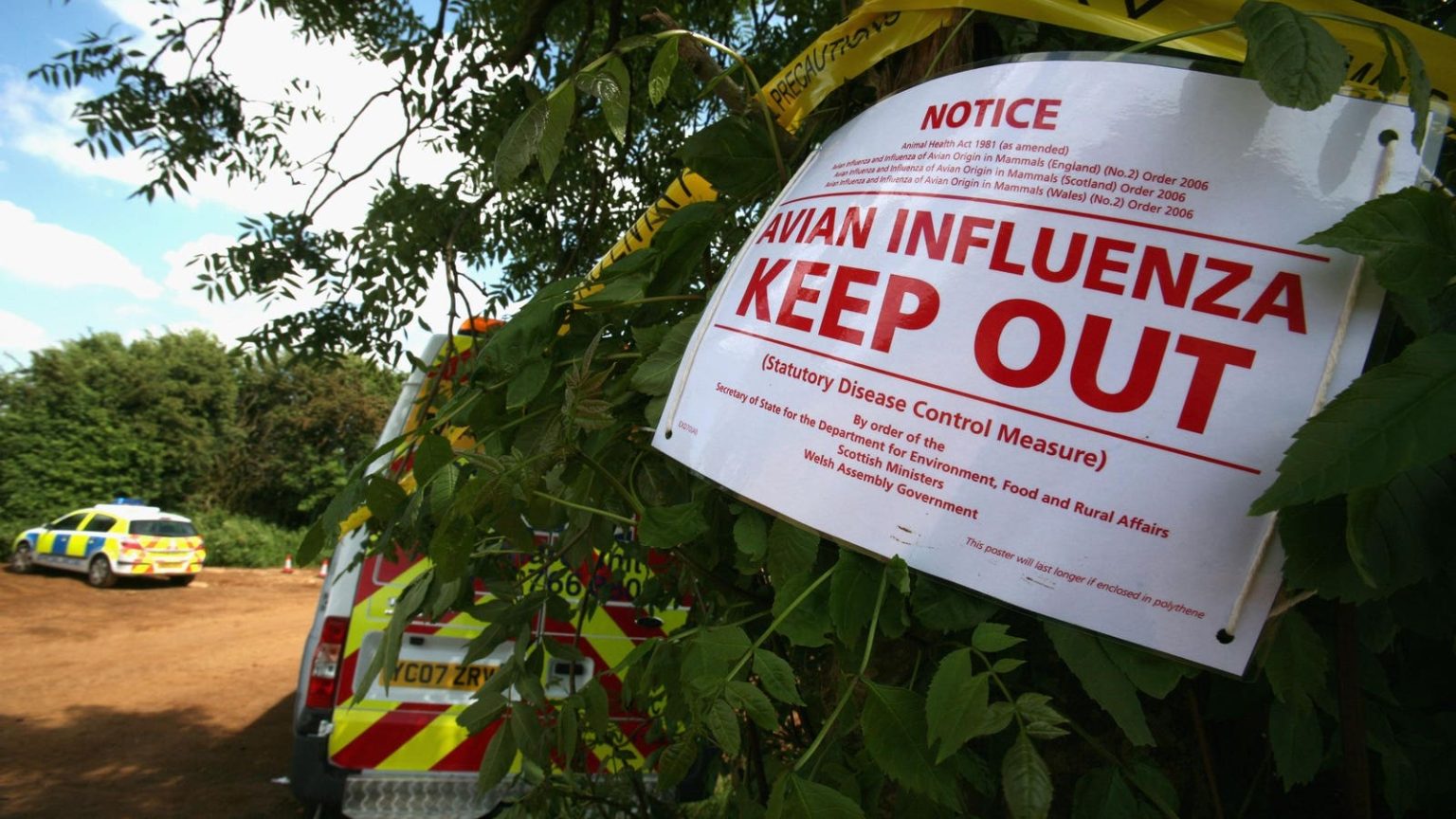A global outbreak of H5N1 bird flu that started in 2020 has recently spread among cattle in U.S. states and marine mammals worldwide, leading health officials to closely monitor the situation. Experts are concerned that the virus could mutate and potentially spread to humans, as it has proven to be rare but deadly in human cases. The World Health Organization has warned that the threat of bird flu spreading between humans is a great concern, particularly as the virus has evolved and begun infecting mammals on land and at sea, increasing the risk of potential transmission to humans.
The Department of Agriculture has been testing ground beef products and dairy samples for bird flu, with all results coming back negative for live traces of the virus. However, some dead remnants were found in certain food items, prompting continued monitoring and testing. The USDA has also warned against the consumption of unpasteurized milk due to the potential risk of infection, as cow-to-cow transmission may be occurring through the consumption of raw milk. The agency has advised against consuming unpasteurized milk in order to prevent potential infection.
The Centers for Disease Control and Prevention have reported cases of bird flu in humans, with two cases confirmed in the United States. Both individuals contracted the virus after coming into contact with sick animals, such as dairy cows and infected poultry, but have since recovered. Symptoms of bird flu in humans include fever, cough, headache, chills, and muscle aches, among others. Laboratory testing is necessary to confirm a diagnosis, as symptoms alone are not sufficient.
The outbreak of bird flu has had a significant impact on the agriculture industry, particularly on egg prices, which have increased due to decreased production resulting from poultry outbreaks. Poultry farmers have been forced to euthanize infected birds to prevent the spread of the virus, with over 90 million poultry euthanized in 48 states since 2020. The USDA has provided compensation to farmers for the loss of birds and eggs, totaling over $1 billion in payment since 2022. The agency continues to closely monitor the situation and work to prevent further spread of the virus.
The spread of bird flu to other animals, including marine mammals like elephant seals and sea lions, has raised concerns among experts. The virus has been detected in over 200 mammals in the U.S. since 2022, leading to increased monitoring and testing efforts. While the risk of transmission to humans remains low, the World Health Organization has reported more than 10 human cases of bird flu in 2023, with most individuals surviving. The FDA has advised against giving unpasteurized milk to pets, as even domestic animals like dogs and cats can be susceptible to the virus.
Overall, the global outbreak of bird flu continues to be a cause for concern among health officials and experts. While human cases have been rare, the potential for the virus to mutate and spread to humans remains a significant risk. Continued monitoring, testing, and preventative measures are essential to control the spread of the virus and protect public health. Vaccines for bird flu have been developed for humans, but it remains critical to maintain vigilance and take necessary precautions to prevent further transmission of the virus.















